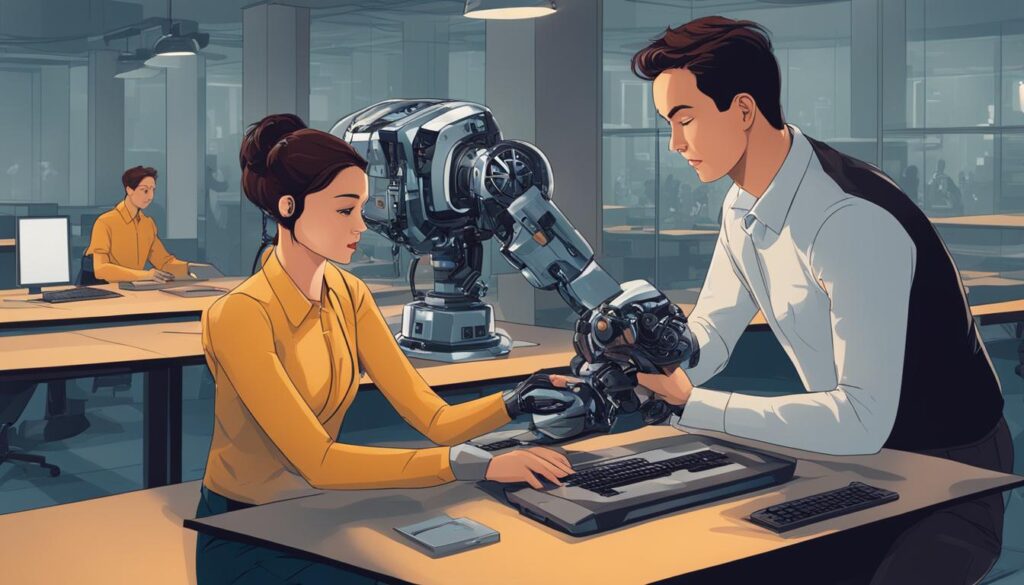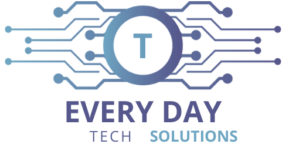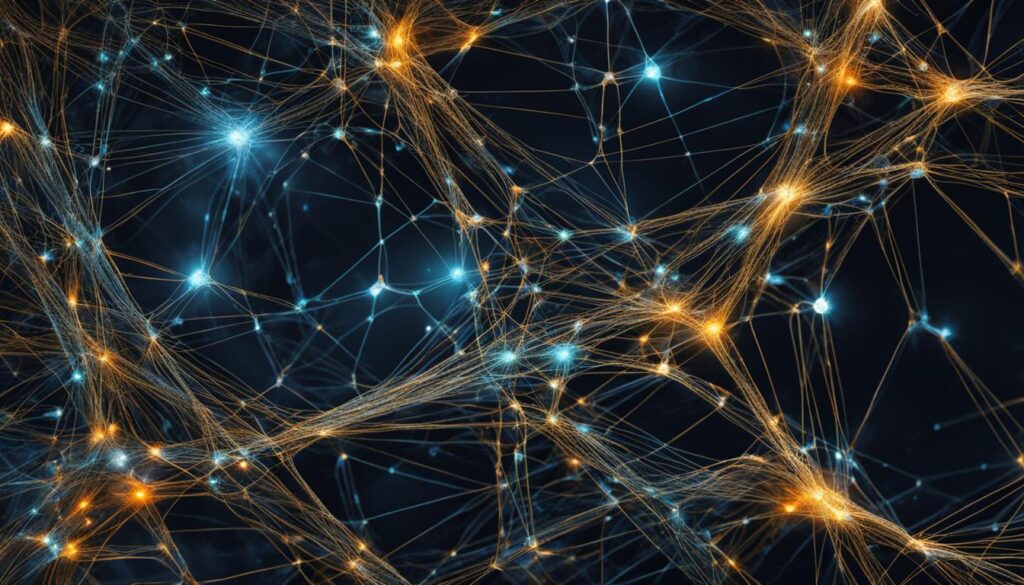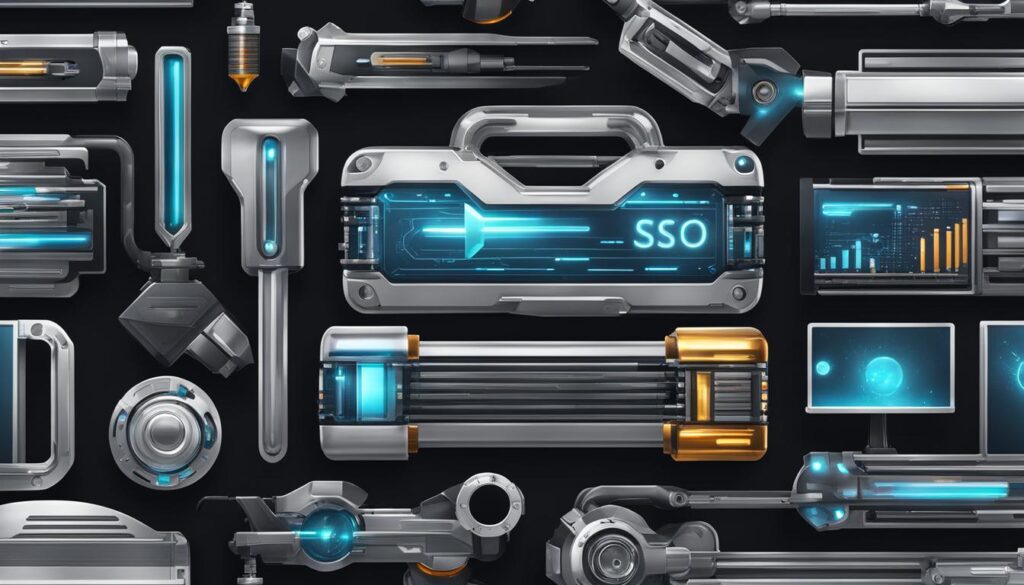Table of Contents
Artificial Intelligence (AI), good or bad, has taken the world by storm, becoming an integral part of our everyday lives. From smart assistants to autonomous vehicles, AI is revolutionizing industries and transforming the way we live and work. But amidst all the hype and excitement, it’s important to take a closer look at the pros and cons, the benefits and drawbacks, and the positive and negative impacts of AI.

AI, in its various forms such as weak AI, strong AI, and super AI, offers a range of advantages. It reduces human error, ensuring accuracy and precision in tasks that were once prone to mistakes. AI robots can handle risky endeavors, providing accurate results with a greater sense of responsibility. With the ability to work tirelessly and multitask, AI ensures 24/7 availability and faster decision-making. It also frees up human resources by automating repetitive tasks and allows for more creative work. Furthermore, AI has countless daily applications in different fields, from digital assistants to medical breakthroughs.
However, AI also comes with its fair share of disadvantages. Developing AI systems can be time-consuming and costly. While AI excels in logic and efficiency, it lacks the creativity and empathy that are inherent in human thinking. There are concerns about the potential loss of skills and overreliance on technology. Job displacement is also a valid worry as AI technology continues to advance. Additionally, the potential for bias in AI systems and its impact on human interaction must be taken into consideration.
Key Takeaways:
- AI has numerous benefits, including reduced human error, 24/7 availability, and new inventions in various fields.
- Disadvantages of AI include high costs, a lack of creativity and empathy, and concerns about job loss and bias.
- It’s important to consider both the positive and negative aspects of AI before fully embracing its development.
- AI’s impact extends beyond individual industries, potentially affecting society, education, and journalism.
- Exploring the intricacies of AI will help us navigate the ever-evolving landscape of artificial intelligence.
As we delve deeper into the world of AI, let’s uncover the complexities and unravel the mystery surrounding its potential for good and bad. Stay tuned for the next sections where we’ll dive into the advantages and disadvantages of AI, providing a comprehensive understanding of this fascinating technology.
Advantages of Artificial Intelligence
Artificial Intelligence (AI) has revolutionized numerous aspects of our lives, offering a wide range of benefits and advantages. From reducing human error to driving innovation in various fields, AI technology continues to shape the world we live in.
One of the key advantages of AI is its ability to significantly reduce errors and increase accuracy through automation. Whether it’s analyzing complex data or performing intricate tasks, AI robots can deliver precise results with unparalleled efficiency.
AI’s tireless work ethic and multitasking capabilities make it an invaluable asset in today’s fast-paced world. Unlike humans, AI can work endlessly without breaks, think faster, and handle multiple tasks simultaneously. Its 24/7 availability ensures that businesses and industries can operate around the clock, meeting the demands of a global market.
AI’s impact extends beyond efficiency and productivity. It brings forth a new era of digital assistance, eliminating the need for human personnel in certain areas. Whether it’s a customer support chatbot or a virtual assistant, AI-enabled systems offer prompt and reliable support, ensuring a seamless user experience.
| Advantages of AI |
|---|
| Reduces errors and increases accuracy through automation |
| Performs tasks too risky for humans with precision |
| Works endlessly and handles multiple tasks simultaneously |
| Provides digital assistance, reducing the need for human personnel |
| Drives innovation in various fields |
Furthermore, AI facilitates unbiased decision-making processes. By eliminating human bias, AI systems ensure fair and impartial outcomes, particularly in critical areas like recruitment and resource allocation.
Additionally, AI’s ability to handle repetitive tasks efficiently frees up time for humans to focus on more creative and strategic work. This empowers individuals to apply their skills and expertise where it matters most, fostering innovation and driving progress.
AI’s daily applications in our lives are evident, from online customer support chatbots to weather forecasts. It has become an indispensable part of our routines, streamlining our day-to-day activities.
Lastly, AI has made significant contributions to the field of medicine, revolutionizing patient care. With its advanced diagnostic capabilities and data analysis, AI enhances accuracy in diagnosis, treatment, and drug discovery, ultimately improving healthcare outcomes.
As we dive deeper into the advantages of AI, it becomes clear that its positive effects are far-reaching and continue to shape our world. However, it’s essential to navigate the potential drawbacks and weigh the costs alongside the benefits, ensuring responsible and ethical development.
Disadvantages of Artificial Intelligence
Oh, AI, you clever little devil. While you certainly have your fair share of advantages, let’s not forget about your drawbacks. It’s time to shine a light on the not-so-rosy side of AI technology.
First off, developing AI systems can drain your bank account faster than a shopping spree on Black Friday. The costs involved in terms of time, resources, hardware, and software are no joke. So, if you’re planning to dive into the world of AI, make sure your wallet is prepared for the ride.
Now, let’s talk about AI’s creativity (or lack thereof). Sure, it can crunch numbers and analyze data faster than a cheetah on caffeine, but when it comes to thinking outside the box, AI falls flat. It’s like having a robot that can recite the dictionary but fails to understand sarcasm. Bummer, right?
And here’s the real kicker: AI doesn’t have empathy. Nope, not a single ounce of it. While us humans can experience a rollercoaster of emotions, AI remains as emotionless as a stone. This might be great when we need cold, calculated decisions, but it’s a downside when we crave a little human touch.
But wait, there’s more! With AI’s increasing involvement in repetitive tasks, there’s a concern that we humans might lose some of our precious skills. If we rely too heavily on AI, we might become like those obsolete floppy disks gathering dust in the attic. Remember those?
And what about job loss? With AI taking over various tasks, there’s a possibility of people being left high and dry. So, as AI advances, we should keep a watchful eye on the job market to ensure we don’t get caught in its digital crossfire.
Before I bid adieu to the disadvantages, let’s not forget that AI isn’t infallible. Despite its eloquence, it can still produce inaccurate results that could leave us scratching our heads. So, while it may seem like the answer to all our problems, we should approach AI with caution and keep our skeptical hats on.
So, there you have it — the not-so-shiny side of AI. Sure, it has its benefits, but it’s essential to take a step back and consider the potential risks and disadvantages that come along for the ride. After all, in this AI game, a little skepticism can go a long way.
FAQ
Is AI good or bad?
Artificial Intelligence (AI) has both advantages and disadvantages. It is important to consider both the benefits and costs of AI to understand its impact.
What are the advantages of Artificial Intelligence?
The advantages of AI include the reduction of human error, zero risks for humans in dangerous tasks, 24/7 availability, digital assistance, new inventions, unbiased decision-making, automation of repetitive tasks, daily applications in various fields, and medical applications.
What are the disadvantages of Artificial Intelligence?
The disadvantages of AI include high costs, the absence of creativity, a lack of empathy, potential skill loss in humans, possible overreliance on technology, and concerns about job loss and displacement.
How can AI reduce errors and increase accuracy?
AI can significantly reduce errors and increase accuracy and precision through automation. AI robots can perform tasks that are too risky for humans and provide accurate work with greater responsibility.
What are some other benefits of AI?
AI can work endlessly without breaks, think faster than humans, handle multiple tasks at a time with accurate results, provide digital assistance, drive new inventions in various fields, ensure unbiased decision-making, and handle repetitive tasks efficiently.
How does AI impact daily life?
AI has daily applications in our lives, from online customer support chatbots to weather forecasts. It can be utilized in risky situations to perform tasks on behalf of humans and has made significant contributions to the field of medicine, improving diagnosis, treatment, and drug discovery.
What are the concerns associated with AI?
Developing AI systems can be costly, AI lacks creativity and empathy, there is a potential loss of skills in humans, overreliance on AI can decrease critical thinking, and job loss and displacement are possible consequences of increased AI usage.
Are there any potential risks with AI?
There is a concern that AI may produce inaccurate results despite its eloquence, especially when trained on biased, human-generated data. AI may also impact human interaction and social dynamics.
How should we approach the development of AI?
Despite the potential benefits, it is important to consider the costs and be mindful of AI’s development and implementation to ensure a balanced and ethical approach.




